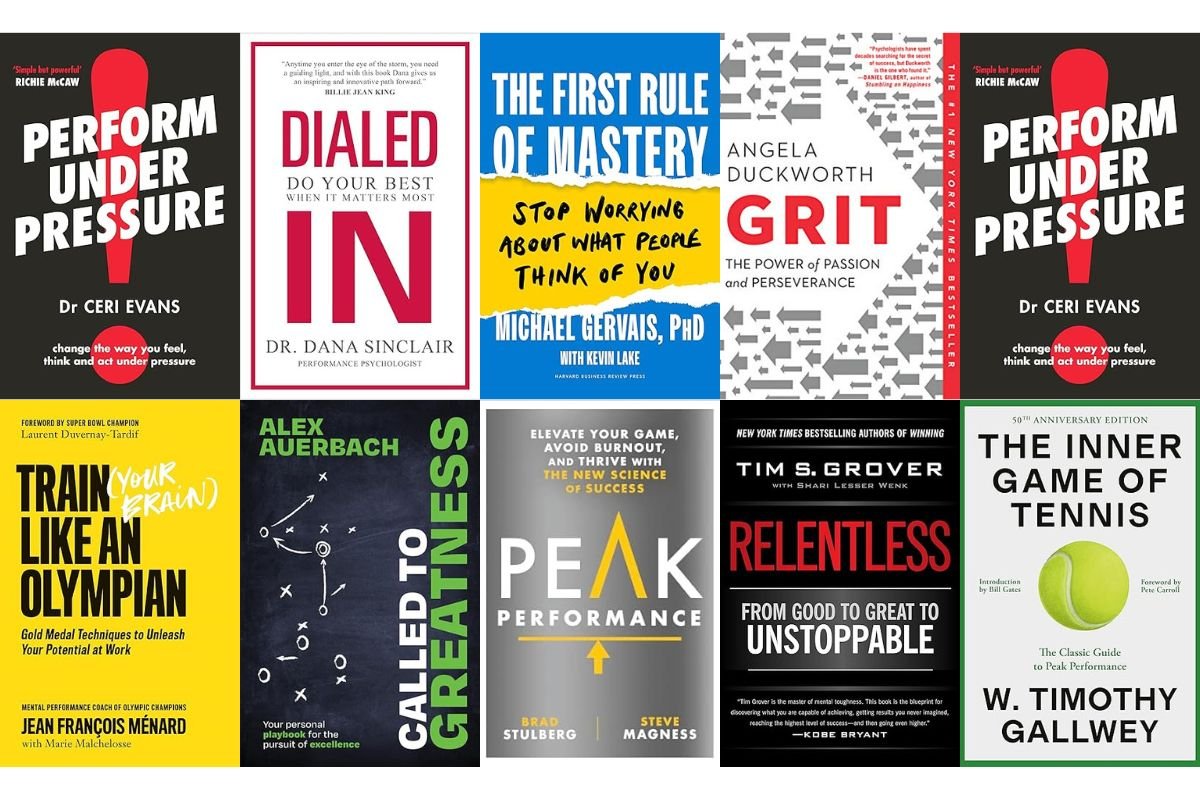How to Feel Less Anxiety Before Presentations: Harvard Research Study
“Everyone shines, given the right lighting”
- Susan Cain
Why Conventional Wisdom might have it all Wrong
When you’re anxious for an upcoming presentation, you likely have received standard advice along the lines of “just relax” or “be calm”. You likely have even tried to repeat these words to yourself while waiting for your named to be called on to present. What is interesting is that increasing research is beginning to show that we might have it all wrong - that if we want to help individuals who experience speech or performance anxiety, we shouldn’t be telling them to calm down.
A Harvard Research study conducted by Alison Brooks (2014) found that not only is it ineffective to tell people to calm down, it may in fact lower the performance rating they receive from others. Specifically, Brooks found that Individuals who were asked to focus on remaining calm (and not being anxious) were rated as less influential and persuasive. In other words, there also may be a cost to trying to remain calm!
Get ‘Excited’ instead of trying to remain ‘Calm’
It actually serves us better to focus on feelings of excitement (vs. trying to remain calm) regarding a presentation or performance. The attempt to remain calm (a low arousal state) when one is anxious (a high arousal state) is difficult because it requires a major emotional shift.
However, similar to feelings of anxiety, feelings of excitement is a high arousal state - for example, they are both typically accompanied by a faster heart rate. Individuals who have been instructed to say “I am excited” have reported lower levels of anxiety and have been rated more positively on their speaking performance (Brooks, 2014). The amazing part about this research for us is how much a small exercise such as instructing participants to say aloud “I am excited” impacted their anxiety during the speaking situation and had positive impacts on their performance (Brooks, 2014).
The takeaway here is that rather than trying to down-regulate your anxiety and resist the feeling of nerves that come with public-speaking, you should try to re-appraise your anxiety as excitement. Next time you’re confronted with a performance situation that evokes some anxiety, try to repeat a positive mantra (i.e., “I am excited”) to change your evaluation of the situation to a more positive one.
Exercise: “I am Excited”
Self-statements. Self-statements are one of the best ways to train your mind to begin to re-appraise anxiety-provoking events. The key is really to begin to make this a habit and a routine part of your daily life. The next time you enter a situation that evokes speech or performance anxiety, begin telling yourself that “I am excited”. There are usually many moments leading up to a public-speaking event that an individual dreads. Usually the thought of this event alone can cause your heart to race and can lead to the activation of negative thoughts. Every time your heart begins to race a little more quickly or you feel nervousness, say aloud: “I am excited”. You brain will likely still automatically want to go to the negative thought pattern (because that’s what you’re used to!). But the key is to catch yourself and to watch slowly over time how you can replace your thought patterns and behaviours.
WRITE IT DOWN
You may want to write it down in a journal many times before delivering a presentation. I recommend taking it a step further and writing down what exactly it is you are excited to talk about. For example, you might be excited to share a new idea that might save your company money. You might be excited to share a new product that your customers will love. Excitement for you could be about presenting your client’s legal case and knowing that you are helping someone with your expertise. The hardest part is ensuring that your feelings of excitement becomes embedded into your thoughts anytime you start to feel anxious or negative about an upcoming event.
Of course there are times in business when you are delivering less positive news. And there are times when your presentation topic is not your first choice. Both of these scenarios are realities in the world of business. But I bet you can find some silver-lining and that you can find something that makes you excited to share with your audience.
Resources
Adam Grant is a renowned organizational psychologist and acclaimed Ted-Ex Speaker. He was interviewed by Susan Cain (author of ‘Quiet: The Power of Introverts’) and he talks about how he deals with public-speaking anxiety - one of his top strategies is re-appraising his anxiety as excitement (see the link here for the full interview) (https://www.quietrev.com/adam-grant-discusses-the-art-of-managing-fear/).
RECAP
There is no cost, that I am aware of, to re-appraising your anxiety as excitement. You have nothing to lose by trying it! Becoming aware of your emotions and thoughts every time you begin to feel nervous is key to reappraising performance or public speaking events. I am looking forward to sharing with you soon more on positive self-talk and some apps that I use to keep the positive messages flowing!
References
Brooks, A. (2014). Get Excited: Re-appraising pre-performance anxiety as excitement. Journal of Experimental Psychology: General, 143, 1144-1158.







